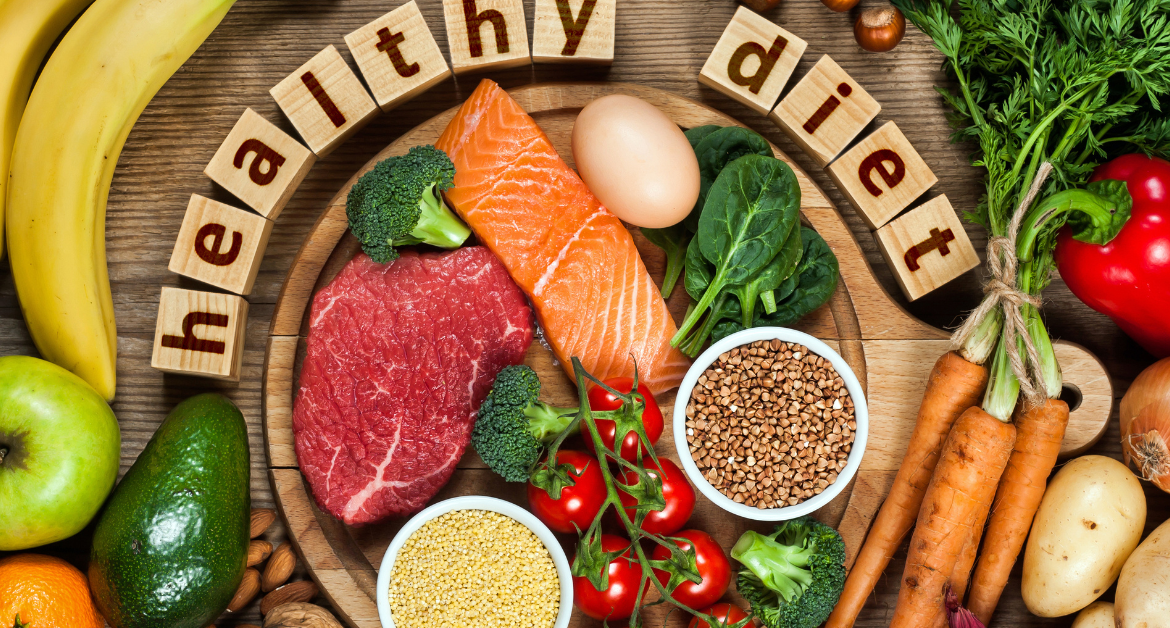
Introduction
Do you often find yourself feeling fatigued, sluggish, or in need of an energy boost? It’s possible that your diet might be playing a significant role in how you feel throughout the day. The food you consume has a direct impact on your energy levels, and a nutrient-rich adult diet can make all the difference in maintaining vitality and well-being. In this article, we’ll explore the importance of eating for energy and provide you with a comprehensive guide to nutrient-rich diets that will leave you feeling more energized and alive.
The Role of Nutrition in Energy Levels
Your body relies on the nutrients you consume from food to function optimally. Nutrients such as carbohydrates, proteins, fats, vitamins, and minerals play a crucial role in providing the energy required for your daily activities. Understanding the relationship between nutrition and energy can help you make informed choices about what you eat.
- Carbohydrates: Carbohydrates are the body’s primary source of energy. They are broken down into glucose, which is used for immediate energy or stored for later use. Complex carbohydrates found in whole grains, vegetables, and fruits provide sustained energy without the energy spikes and crashes associated with simple sugars.
-
Proteins: Protein is essential for muscle repair and growth. It helps to stabilize blood sugar levels and provides a longer-lasting feeling of fullness, preventing energy crashes. Sources of lean protein include poultry, fish, beans, and tofu.
-
Fats: Healthy fats, such as those found in avocados, nuts, and olive oil, are essential for overall health and energy production. They are a concentrated source of energy and are necessary for the absorption of fat-soluble vitamins.
-
Vitamins and Minerals: These micronutrients are co-factors in energy production. For example, B vitamins play a crucial role in converting food into energy, while iron helps transport oxygen to cells for energy metabolism.
-
Hydration: Dehydration can lead to fatigue, so staying well-hydrated is essential for maintaining energy levels. Water is involved in numerous metabolic processes, and a lack of it can lead to reduced energy and alertness.
The Nutrient-Rich Adult Diet
Now that you understand the fundamental role of nutrients in energy production, let’s delve into what a nutrient-rich adult diet looks like.
- A Balanced Plate: Aim for a balanced plate with a variety of foods. Fill half your plate with fruits and vegetables, a quarter with lean protein, and a quarter with whole grains. This ensures you get a wide range of essential nutrients.
-
Whole Grains: Opt for whole grains like quinoa, brown rice, and whole wheat bread instead of refined grains. These complex carbohydrates provide a steady release of energy.
-
Lean Proteins: Include sources of lean protein like poultry, fish, beans, and legumes in your diet. These proteins will help stabilize your energy levels throughout the day.
-
Healthy Fats: Incorporate healthy fats like avocados, nuts, seeds, and olive oil into your meals. These fats are essential for overall health and sustained energy.
-
Limit Processed Foods: Processed foods are often high in sugar, unhealthy fats, and empty calories. These can lead to energy spikes and crashes. Minimize your intake of processed foods.
-
Stay Hydrated: Drink plenty of water throughout the day to avoid dehydration, which can leave you feeling tired and lethargic.
-
Vitamins and Minerals: Ensure you’re getting a variety of fruits and vegetables to meet your vitamin and mineral needs. Consider consulting a healthcare professional or dietitian to determine if you have any specific nutritional deficiencies.
-
Regular Meals: Eat regular, balanced meals and snacks to maintain stable blood sugar levels. Skipping meals can lead to energy dips.
-
Portion Control: Be mindful of portion sizes to avoid overeating, which can lead to feelings of sluggishness.
-
Listen to Your Body: Pay attention to your body’s hunger and fullness cues. Eating when you’re hungry and stopping when you’re satisfied can help maintain steady energy levels.
Conclusion
Eating for energy is all about making the right food choices that provide the necessary nutrients to keep you feeling alert and vital throughout the day. A nutrient-rich adult diet, rich in carbohydrates, proteins, healthy fats, vitamins, and minerals, is the key to achieving sustained energy levels. By following the guidelines outlined in this article, you can optimize your nutrition and improve your overall well-being. Remember, a healthy diet is not just about looking good; it’s about feeling good and having the energy to enjoy life to the fullest.



